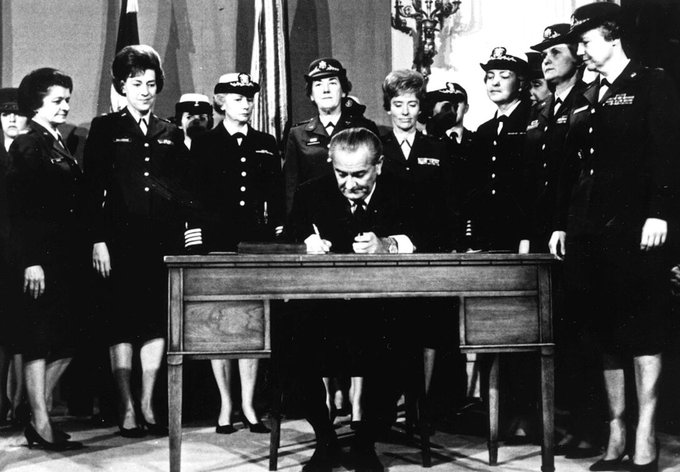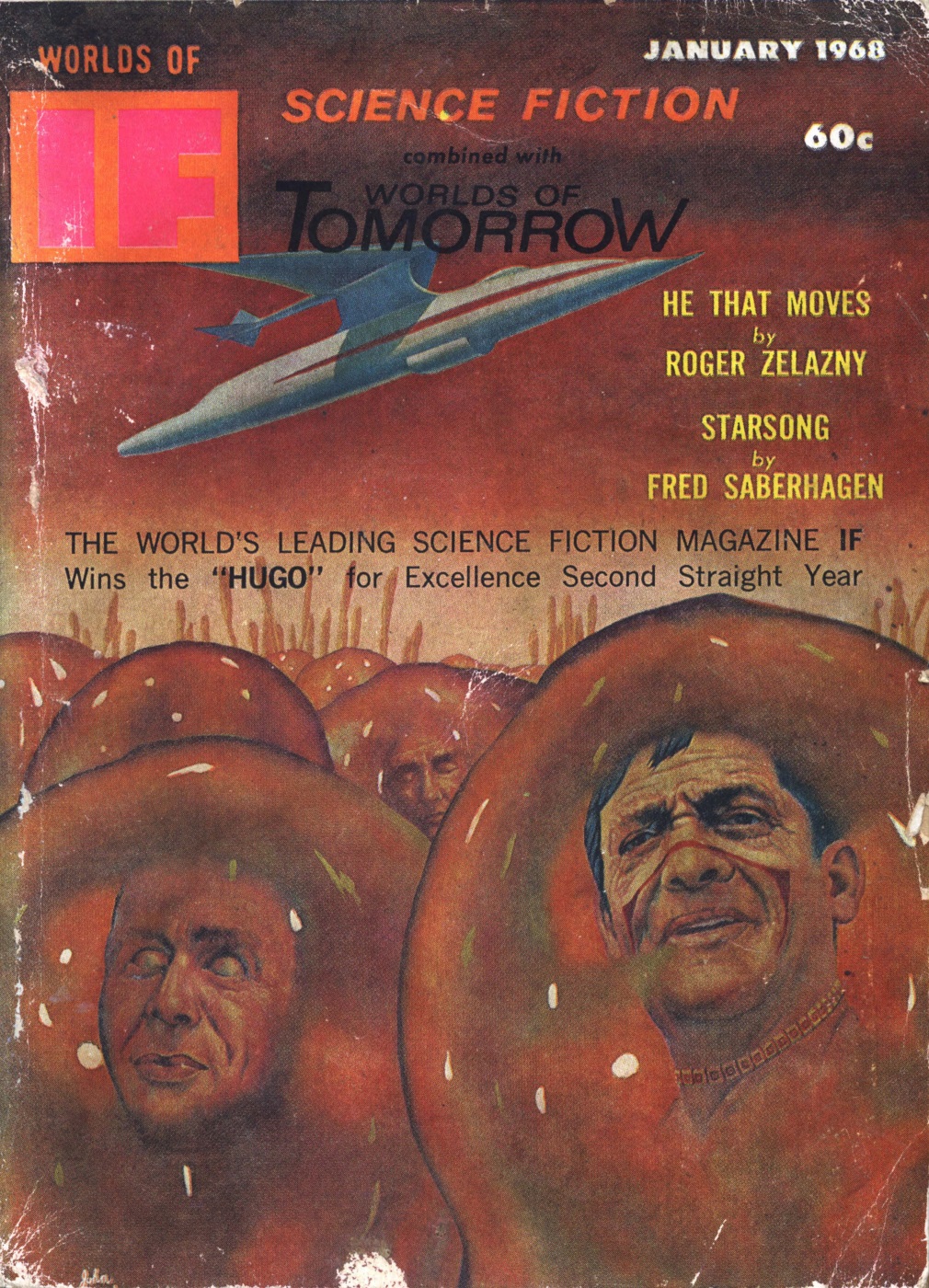
by David Levinson
A major medical advancement
On December 2nd, in Observatory, Cape Town, South Africa, a young woman named Denise Darvall was struck by a drunk driver. She was rushed to a nearby hospital, but doctors could do nothing for her and abandoned resuscitation attempts at 9:00 p. m. The doctors approached her father, informed him of his daughter’s death, and told him that it might be possible to save someone else’s life by transplanting her heart. After a few minutes of consideration, Mr. Darvall gave his permission.
The patient in question was 55-year-old grocer Louis Washkansky, whose own heart was giving out. Surgery began shortly after 1:00 in the morning of December 3rd under the leadership of Dr. Christiaan Barnard. Mr. Washkansky began his recovery in good spirits, and Dr. Barnard declared the operation a success, because the heart was doing its job without external assistance. Unfortunately, Mr. Washkansky contracted pneumonia – possibly as a result of the drugs he was given to suppress his immune system to prevent rejection of the new heart – and died of complications from that illness on December 21st.
 Louis Washkansky talks to Dr. Barnard in the days following the surgery.
Louis Washkansky talks to Dr. Barnard in the days following the surgery.
Nevertheless, this was a strong first step (I cannot accept the attempt a few years ago in Mississippi to transplant a chimpanzee heart into a human as serious), and we can add the heart to corneas and kidneys as a transplantable organ. Lung, liver, and pancreas transplants have all been attempted, but can still only be considered experimental at this point. However, it’s clear that great strides are being made, and one day in the not too distant future one person’s untimely death may allow many others to live full lives. Let’s just hope this doesn’t take us down the dark road Larry Niven imagines.
Considering the consequences
Larry Niven starts a new novel in this month’s IF in which he offers a warning about where successful organ transplants could take us. The characters in a couple other stories also have to ask themselves just where their actions might lead.
 This dreamscape doesn’t appear in Robert Sheckley’s new story, but it could. Art by Vaughn Bodé
This dreamscape doesn’t appear in Robert Sheckley’s new story, but it could. Art by Vaughn Bodé
Continue reading [January 2, 1968] The consequences of success (February 1968 IF)

![[January 2, 1968] The consequences of success (February 1968 <i>IF</i>)](https://galacticjourney.org/wp-content/uploads/2022/12/IF-1968-02-Cover-672x372.jpg)
![[December 2, 1967] Women and Men (January 1968 <i>IF</i>)](https://galacticjourney.org/wp-content/uploads/2022/11/IF-1968-01-Cover-672x372.jpg)
 President Johnson signing the law allowing women to rise in the ranks.
President Johnson signing the law allowing women to rise in the ranks. What are these people doing in these blobs? Art by Pederson
What are these people doing in these blobs? Art by Pederson![[November 4, 1967] Conflicts (December 1967 <i>IF</i>)](https://galacticjourney.org/wp-content/uploads/2022/10/IF-1967-12-Cover-672x372.jpg)
 Joan Baez is arrested in Oakland.
Joan Baez is arrested in Oakland. Fr. Berrigan pouring blood into a file drawer.
Fr. Berrigan pouring blood into a file drawer. Futuristic combat in The City of Yesterday. Art by Chaffee
Futuristic combat in The City of Yesterday. Art by Chaffee